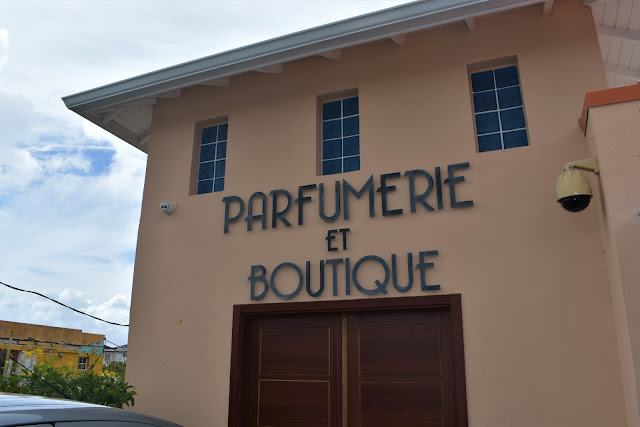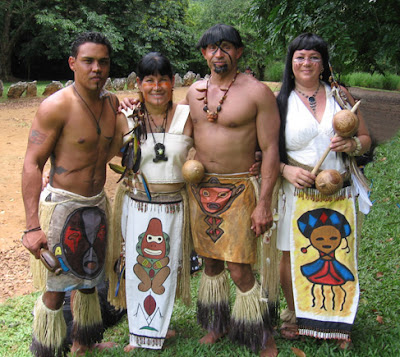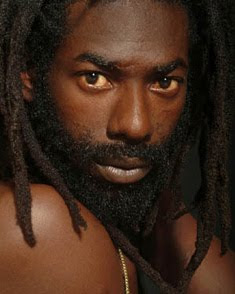Tasty Cultural Connections


Brazilian culture overflows with rich African cultural connections and in Bahia, you can taste as well as see it. I explored classic Brazilian dishes spiced with African influences in a post for Galavanting Magazine's travel blog here but I didn't explain the depth of the Nigerian influence on acaraje. Eating acaraje is practically a legal requirement when you visit Salvador. In London, you must nibble fish and chips, dripping with grease and wrapped in paper. In Jamaica, you must savor ackee and saltfish cooled with sea breezes. And in Salvador, you must buy acaraje from a Baiana de acaraje, on the cobble-stoned streets with samba rhythms blasting through the air.
Acaraje is a black-eyed pea fritter fried in palm oil. Typically, it's cut in half and topped with caruru, an okra stew, vatapa a mixture blended with dried shrimp, cashews, peanuts and coconut milk and a salad made of chopped tomatoes and onions. Peppery and laden with fat, it is the quintessential Brazilian fast food. In Nigeria, it is also a popular snack and breakfast staple called akara. The je on the Brazilian term simply means to eat so the dish is a direct transport from West African culture, where it is prepared similarly. Baiana de acaraje's, serving up these delicacies wearing white laced dresses and buoyant head wraps called torsos, underscore the Nigerian element even more. If you've ever seen a Yoruba woman parading in her finery, you've seen the essence of Baianas de acraje's legendary grace. A considerable portion of Brazil's population trace their heritage to Nigeria and other Western African countries. Acaraje highlights those roots with tasty flavor. A special shout out to Floyd for reminding me about these points!



Comments